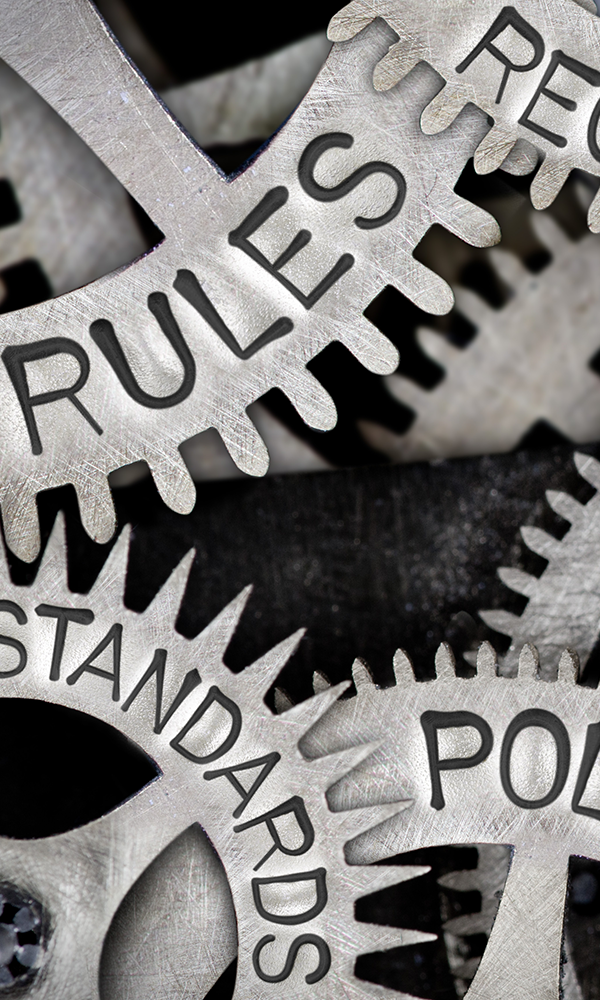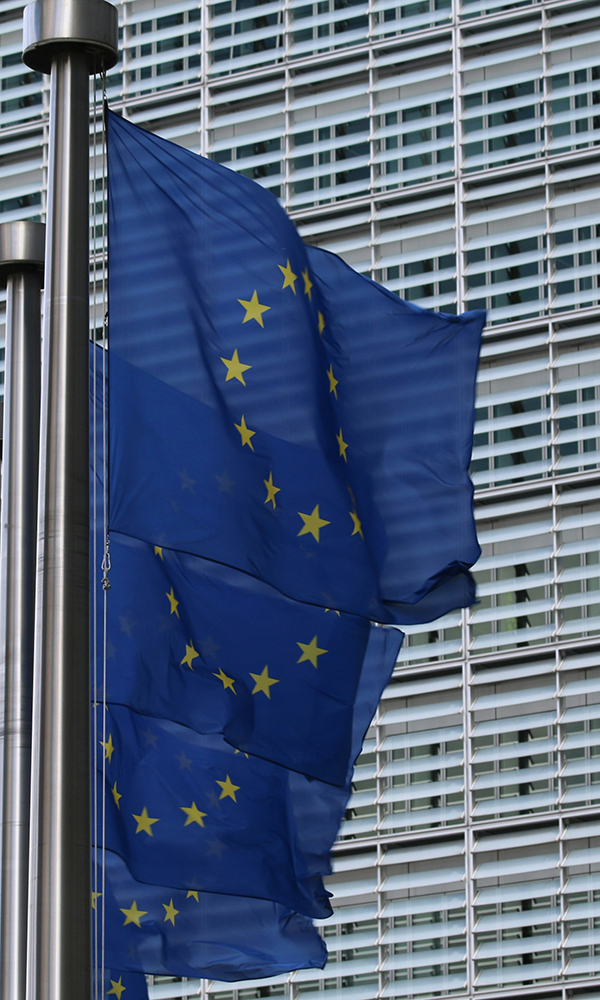European standardisation is a key instrument for the consolidation of the Single Market. When a European standard is adopted, the same standard is transposed across all Member States. The European Standardisation System is unique: European standardisation deliverables are often developed to support of EU legislation and policies. In such cases where standards serve the public interest, it is critical to ensure the participation of all possible stakeholders in their drafting.
We are officially recognised as the representative of environmental interests in the standardisation system. ECOS is an “Annex III organisation”, officially recognised by the EU Standardisation Regulation. We participate in all standardisation technical bodies within the European Standardisation Organisations. We are a Partner Organisation of both CEN and CENELEC, and a member of ETSI, giving the environment a strong voice in European standards-making.



World Standards Day this year focuses on the power of partnership and the impact of working together. The development of standards can enable meaningful collaboration between industries, governments, and civil society, but a lack of representation of diverse and relevant expertise from civil society organisations risks the adoption of standards which may not be fit for purpose.
In 2023, the European Commission established the High-Level Forum on European Standardisation to advise on strategic political matters in this field. Ever since the Forum was created, ECOS has been championing inclusiveness and capacity building of civil society actors in standardisation.
More than nine out of ten European households have a washing machine. While their energy efficiency has improved over the years, their overall sustainability still leaves a lot to be desired. Ensuring these appliances last for a long time is crucial if we want to manage global resources sustainably. This can be achieved by testing such products properly before they enter the market. With a new test methodology for washing machines in the pipeline, this could be just around the corner. Here’s how one new standard could help to make it happen.
Market surveillance includes the monitoring, verification, and enforcement of European and national legislation. It is necessary to ensure that requirements on products result in tangible economic and environmental benefits. Read our evaluation of the possible revision of Regulation (EU) 2019/1020 on market surveillance and compliance of products.
Download the pdf

ECOS is co-funded by the European Commission and EFTA

 Funded by the European Union. Views and opinions expressed are however those of the author(s) only and do not necessarily reflect those of the European Union or EISMEA. Neither the European Union nor the granting authority can be held responsible for them.
Funded by the European Union. Views and opinions expressed are however those of the author(s) only and do not necessarily reflect those of the European Union or EISMEA. Neither the European Union nor the granting authority can be held responsible for them.
